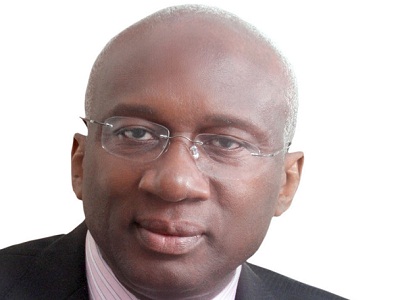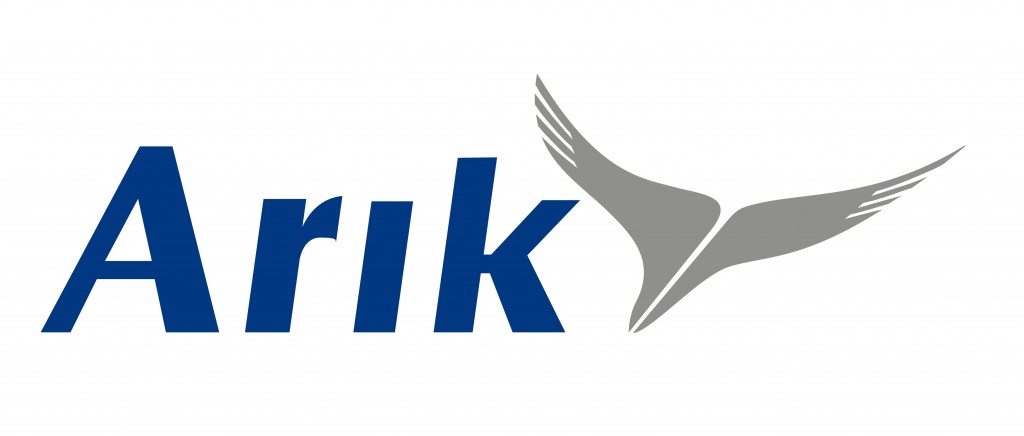News
Despite Huge Capacity, Internet Snarls

Despite huge capacities brought in by submarine cable companies into the country internet speed still snarls, no thanks to a legion of problems including the dearth of last mile infrastructure, Nigeria CommunicationsWeek can report.
MainOne, Glo 1 and West African Cable System (WACS), all private submarine cable companies brought in a total of 9.54 Tb/s in addition to some 340 Gbit/s by the legacy Sat-3.
The arrival of these undersea cables was expected to push up internet speed and reduce cost but little has been achieved in terms of accessibility, availability and affordability.
One of the reasons the huge availability of bandwidth on the shores of the country are yet to have direct impact on Nigerians is the absence of last mile infrastructure to convey the essential commodity to offices and homes across the country.
Nigeria CommunicationsWeek gathered that there is also lack of policy framework for broadband infrastructure development while Nigeria’s notoriously unreliable power supply also serves to exacerbate the problems.
Elsewhere, the claims and counter charges by various government agencies each claiming the right to regulate the industry is hurting investment.
There is also the issue of problems of obtaining right of ways from local and state governments and multiple taxations.
Dr. Eugene Juwah, executive vice-chairman, Nigerian Communications Commission (NCC) however said that is pushing for broadband plan and strategies with focus on penetration, accessibility and policies.
Nodding in agreement, Dr. Ernest Ndukwe, chairman, Open Media Group, said there was need to formulate a broadband policy on broadband deployments in Nigeria.
Ndukwe who gazed in the crystal ball and foretold the looming revolution urged government to fashion the policy with the support of the private sector.
Mohammed Rudman, managing director, Internet Exchange Point of Nigeria (IXPN), said availability of distributive channels of internet and making it accessible to ISPs is essential for the country to witness a broadband revolution.
Nigeria CommunicationsWeek gathered that the epileptic nature of internet service delivery is impacting adversely on all spheres of national economy.
For instance, financial institutions especially deposit money banks and their customers complain of snail speed in verification and confirmation of transactions.
Same applies to customers who need to make payments at merchants’ locations via Point of Sale (PoS) terminals and those who need to withdraw money from Automated Teller Machines (ATMs) as they are sometimes in and out of service.
Also travel agencies are also not left out as they need to check fares and confirm available seats and dates on airlines.
News
UK Minister for Africa Visits Nigeria to Deepen Strategic Partnership

The United Kingdom’s Minister for Africa, Lord Collins of Highbury, has concluded a three-day visit to Nigeria, aimed at reinforcing the UK-Nigeria Strategic Partnership.

He reaffirmed the UK Government’s strong commitment to deepening trade and investment ties between the United Kingdom and Nigeria.
During his visit, Lord Collins met with senior Nigerian government officials, business leaders, civil society representatives and United Nations agencies.
These engagements underlined the UK’s long-term drive to support Nigeria’s prosperity and stability while deepening bilateral cooperation for transformative growth across our shared priorities.
A key highlight of the visit was Lord Collin’s bilateral meeting with Nigeria’s Minister of Foreign Affairs, Yusuf Tuggar, in which both parties reaffirmed their unwavering commitment to strengthening economic ties and promoting regional security. The Minister was joined by the UK’s Trade Envoy to Nigeria, Florence Eshalomi MP.
Lord Collins also met with Deputy Speaker of the House of Representatives, Hon. Benjamin Kalu, and discussions focused on opportunities to strengthen engagement between UK’s parliament and Nigeria’s National Assembly and the importance of furthering women’s participation in politics.
Speaking on his visit, the UK Government’s Minister for Africa, Lord Collins said: “Nigeria and the UK share a rich, ambitious relationship: one that is deeply rooted in respect.
“Our Strategic Partnership is at the forefront of this, and my visit has focused on how our countries can continue deepening our cooperation on key issues such as trade and investment to drive economic growth and deliver prosperity for us all.”
The Minister held discussions with United Nations representatives on the ongoing reform of the UN system, its implications for Nigeria and how the reform can effectively support those most in need, particularly in Northeast Nigeria, whilst also contributing to global humanitarian efforts.
Lord Collins also met with civil society leaders to discuss electoral integrity and governance reforms, reinforcing the UK’s commitment to democratic values and community empowerment.
He later visited Nigeria’s Anti-Kidnap Fusion Cell: a key security initiative supported by UK expertise through the National Crime Agency and the Integrated Security Fund, which plays a vital role in enhancing local safety and combating serious crime.
Also commenting on the visit, the British High Commissioner to Nigeria, Dr Richard Montgomery, said: “Driving growth is central to the UK’s foreign and development policy. Lord Collins’ visit to Nigeria underscores the UK’s unwavering commitment to deepening our shared prosperity through expanded trade and investment. We are proud to stand alongside Nigeria as it forges a resilient and dynamic economy.”
This visit underscores the UK’s enduring partnership with Nigeria – built on mutual respect, shared goals, and a vision for a prosperous future for both nations.
News
PalmPay Launches CSR Initiatives to Empower Women, Foster Financial Literacy in Northern Nigeria

In a strategic move to expand financial inclusion in Nigeria, leading mobile banking platform, PalmPay has launched a series of CSR programs across Kano and Kaduna. The CSR initiative named “Passing the Baton” represents the brand’s commitment to passing on knowledge and providing the resources individuals and businesses need to achieve financial independence and drive economic empowerment.

This initiative is a bold move by PalmPay to bridge the opportunity gap in the North by providing financial literacy training and micro-business branding support to 5,000 women-owned businesses in Kano and Kaduna. This strategic initiative reaffirms PalmPay’s commitment to inclusive development and economic empowerment, particularly in underserved regions.
“At PalmPay, we believe that real financial inclusion must be far reaching and cover the grassroots,” said Chika Nwosu, Managing Director of PalmPay. “Our new CSR program is focused on supporting gender equity by equipping women with the knowledge, tools, and visibility they need to thrive as entrepreneurs in their communities.”
Through this initiative, beneficiaries will receive free health insurance, hands-on training workshops, enhanced store branding to boost visibility, and branded merchandise to strengthen their business presence.
The initiative is part of PalmPay’s broader strategy to extend its innovative solutions, expand its footprint in Northern Nigeria, while building sustainable partnerships with local stakeholders for long-term impact.
In a show of support, His Royal Highness, the Emir of Kano, Dr. Muhammadu Sanusi II, has endorsed the initiative, calling on other stakeholders to join forces with PalmPay in ensuring the North benefits fully from the growing digital economy. PalmPay has received commendation from community stakeholders, as the initiative aims to serve as a model for similar projects across other northern states.
As PalmPay continues to scale across Nigeria, the company remains committed to bridging the financial inclusion gap and empowering underserved groups, particularly women and youth, through its innovative solutions and impact initiatives.
News
EFCC Witness Admits Writing Off Arik Air’s $2.3M Debt Amid N76Bn Fraud Trial



 Telecom2 days ago
Telecom2 days agoMTN Nigeria Invests ₦900Bn in 2025 to Boost Network Quality in Lagos & Abuja

 E-Business2 days ago
E-Business2 days agoFirm Reports a 48% Increase in Malicious Packages Threatening Software Supply Chains

 News2 days ago
News2 days agoEFCC Witness Admits Writing Off Arik Air’s $2.3M Debt Amid N76Bn Fraud Trial

 Telecom2 days ago
Telecom2 days agoMTN Nigeria Wins Award for Best Use of Data @MarkHack 4.0 Awards Night

 News2 days ago
News2 days agoSERAP Urges National Assembly to Reject Tinubu’s $24Bn Loan Request Over Debt Concerns

 E-Financial2 days ago
E-Financial2 days agoSenate Passes Harmonised Report on Tax Reform Bills

 Broadcasting2 days ago
Broadcasting2 days agoThe Rave Revolution: How Gen Z and EDM Are Rewriting Nigeria’s Nightlife

 News2 days ago
News2 days agoAnambra Shines in 2025 E-Governance Rankings, Setting National Standards
























